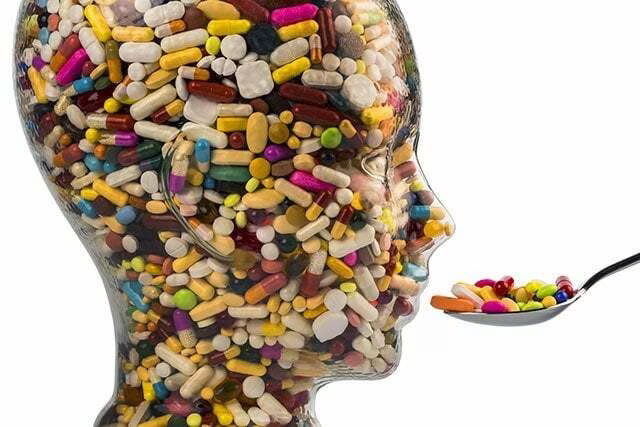The Connection Between Opiate and Smartphone Addiction

A while back I wrote a short piece called Addiction Caused by Isolation >, where I talked bout research saying that the main cause for addiction to drugs is basically the lack of another meaning loop >.
The research, which has been done by a number of people now, essentially asked if we’ve been thinking about the problem of addiction all wrong. Instead of the drug being the problem, perhaps the problem was that there was nothing in their life that was important to them.
A key observation was that when a regular family person, with a loving spouse, kids, partner, good work, etc., goes into the hospital for some sort of major or prolonged stay, they often receive drugs that are even more powerful than what addicts have on the street. But when they are released they are never inspired to go and seek out that drug afterwards.
Why is that?
If it were the drug that were so powerful that it caused addiction, then we would have the problem with everyone who took it. But we don’t. We only have the problem with people who don’t have strong meaning loops elsewhere in life.

Now enter mobile phones.
Suicide rates for teen girls has just hit a 40-year-high >. There are opposing theories for what the causes are, but I’m putting my money on the meaning loop problem. That is, if you gain your meaning from watching other peoples’ lives, getting attention on social media, and constant refreshing of what’s new on your device, then you’ve basically abandoned any more meaningful meaning.
It’s like eating sugar packets for every meal. Eventually, you pay for it.
To me, the opiates and smartphone analogy is quite strong. It’s not a matter of either of them being bad. Just like sugar packets. The problem is when you substitute life for them.
The way to tell when you’re doing too much smart phone is to look at how much meaning and value you’re getting from life without it. Are you reading? Are you writing? Are you camping? Playing sports? Studying? Are you creating art? Are you a great parent? Essentially, what is your primary meaning loop?
If you don’t have one, and you also happen to spend many, many hours a day on your mobile phone, then I think this introduces risk of serious spats of unhappiness, depression, and even suicidal thoughts.
The fix is clear, but not easy, for both: Build meaning away from the device. It’s not just that you’re not on the smartphone. It’s that you need to be doing something else that you get meaning from—whatever that is. Once you nurture your new meaning loop(s) and the are sustaining you in a healthy way, spending a bit of time on your phone won’t be dangerous at all.
Summary
If you’re depressed and you spend way too much time on your mobile phone, find a source of meaning outside your device.
If you’re a parent or loved one seeing someone young in this situation, talk to the guardian as soon as possible and try to help them build that other meaning loop.
Notes
I’m a security consultant, not a doctor, so obviously talk to a professional before you intervene in someone’s life.